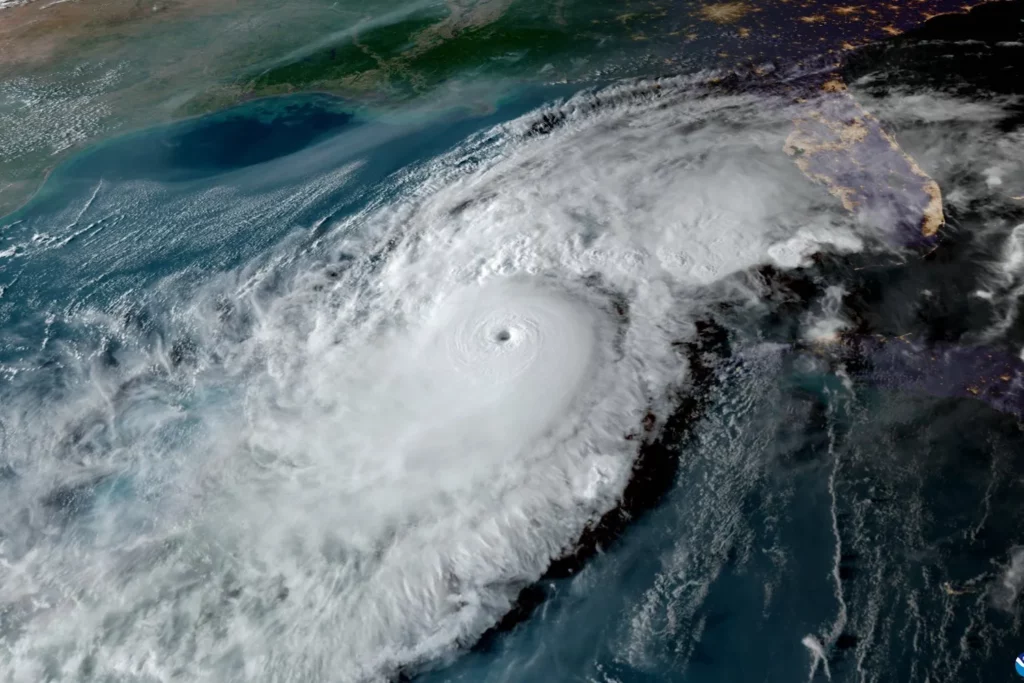
In Rare Spasm of Sanity, Pentagon Backtracks on Plan to Scuttle Storm Tracking
The Department of Defense has made a shocking U-turn in its decision to halt the sharing of storm tracking data with federal forecasters. Just as the hurricane season was beginning to ramp up, the Pentagon announced that it will continue providing this critical information for another year.
In June, the Navy’s Fleet Numerical Meteorology and Oceanography Center (FNMOC) declared its intention to discontinue the Defense Meteorological Satellite Program by July 31st. This move would have left meteorologists scrambling to find an alternative means of tracking storms, potentially putting countless lives at risk.
However, in a sudden about-face, FNMOC has reversed course and stated that it will keep the program running until September 2026, or when the sensor fails, whichever comes first. NOAA, which relies heavily on this data, confirmed the change in a statement to Politico.
DMSP weather satellites are a critical tool for hurricane prediction and tracking. They use a powerful instrument called the Special Sensor Microwave Imager Sounder (SSMIS) to capture microwave imagery of hurricanes, providing unparalleled insights into storm development and movement. This information is invaluable, as it allows forecasters to pinpoint areas where storms may intensify or weaken, thus enabling timely evacuations and emergency preparations.
While this decision may seem like a minor victory in the fight against climate change, experts warn that even a brief interruption in data sharing would have devastating consequences. With an active hurricane season already underway, the stakes are higher than ever before.
Source: gizmodo.com


